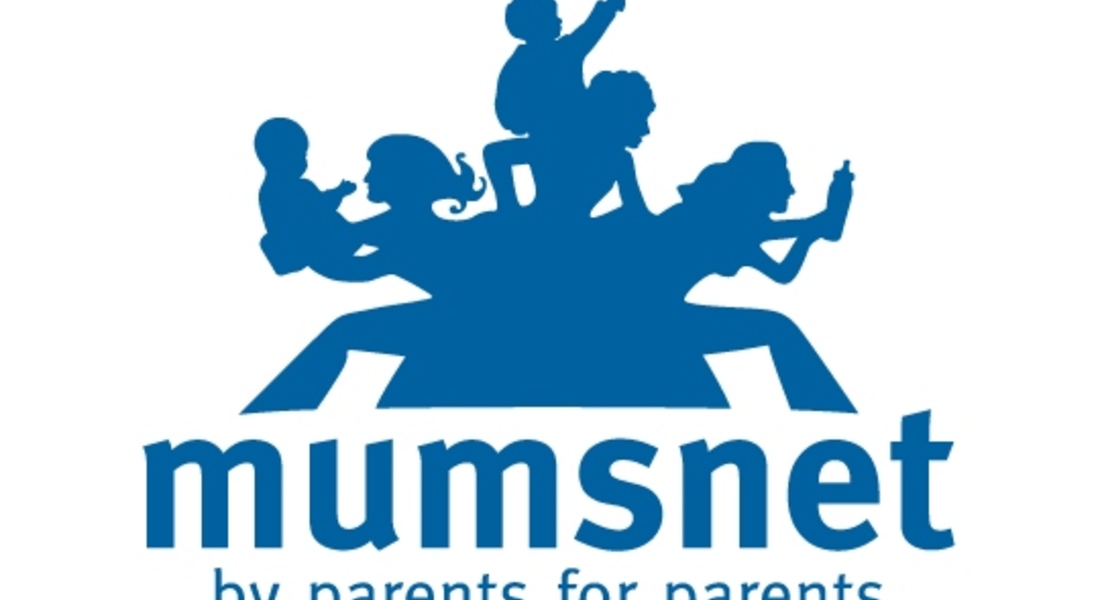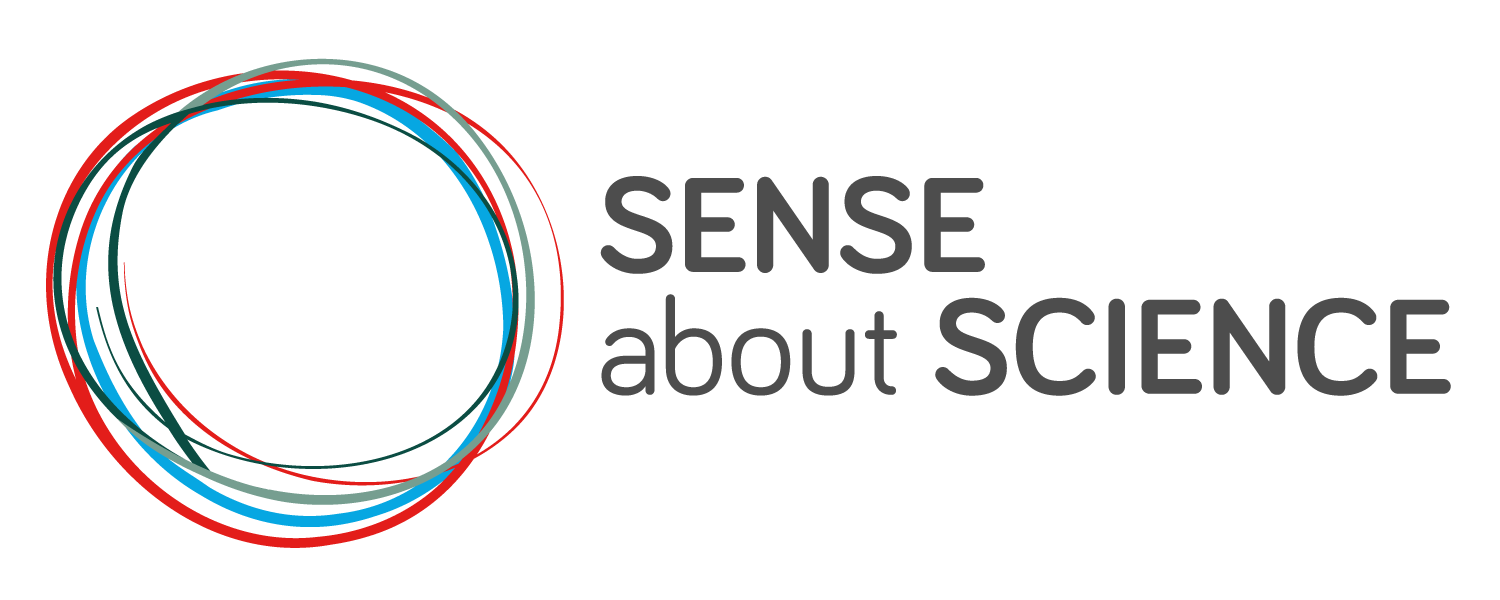We use cookies to help provide you with the best experience using our website.
If you're happy to accept cookies, continue to browse our site or click 'x' and we'll close this message.
Learn more
Mumsnet
Here at #AskforEvidence, we’re delighted to have been chosen as Mumsnet's latest guest campaign. We know how worried parents and carers are about what their children see and hear (and believe!) online. Especially now, when many of us are at home spending time online and in chat groups where rumours tend to circulate.
So what can you do about it? Here are some of the ways you can support the campaign, and give your kids the tools they need to make sense of the world around them.
1. Share our #AskforEvidence animations
Our latest (light-hearted) animations remind young people to question what they see or hear online – without directly telling them what to do. Most kids are aware of “fake news” but it’s still easy to get carried away by a story and to unwittingly spread false information. Please share with other parents and carers, or use these as a talking point to open up a discussion with your own children. We know that they are seeing some scary stuff online right now, so talking about how to evaluate and manage the flow of information is really important. And of course, when to share and not to share.
2. Share and use our #AskforEvidence activity pack
This after-school activity pack, for kids aged 11 to 14, was designed to be used in informal settings, like an after-school club or Scouts or Guides group – but it can be run by any adult with just one child or in a small group. Why not try this as part of your at-home schooling routine?
We had a lot of help from kids putting together this pack, which is probably why it’s been so popular. The hands-on activities in the pack are based on real-life claims about products and lifestyle choices. By taking part and asking, “What is the evidence behind this claim?” young people develop the skills and confidence they need to critically assess what they see online, and reduce the spread of false information. A great way to kick start a conversation about evidence.
3. Run an #AskforEvidence lesson
This lesson, designed for use in a Personal, social, health and economic (PSHE) class, gives pupils at Key Stage 3 – 4 an opportunity to explore if claims that they encounter online – or any claims that they see, read, and hear – are true, using evidence as the gold standard to evaluate those claims. The lesson plan is free to download on TES, a popular source of lesson plans for teachers, but can also be run by parents or carers.
4. #AskforEvidence
Every day we hear from celebrities, commentators, companies, organisations and politicians who tell us to change our lifestyle or buy a product, support a new policy or sign a petition. And right now, we're hearing a lot of conflicting health advice. As parents and carers, it can be hard to know how to respond. If you’re not sure about something you’ve read or seen, why not #AskforEvidence? Not only will you be helping us all to raise the standards for evidence, but you’ll be showing your children that asking is not only allowed, it’s encouraged!



